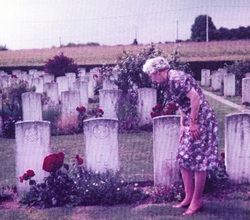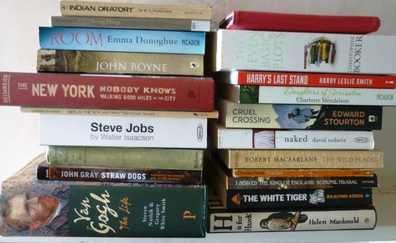 Frank Sutcliffe
Frank Sutcliffe When Hitler, on 24 May 1940, ordered his tanks to halt their pursuit of the retreating Allied forces, the call went out in England for ships to help evacuate the British Expeditionary Force, and two days later all kinds of vessels set sail for France, boats large and small, including ferries, barges, fishing and even pleasure boats made their way across the Channel. They travelled through difficult waters, to the men stranded at Dunkirk, crowded on the beaches, under constant attack from German bombers, fighter planes and artillery. The operation, code-named Dynamo, carried on until 4 June. At the outset, it was expected the combined efforts might be lucky to save 50,000 men. In the end, approximately 340,000 British, French and Belgian troops were rescued. 40,000 were left behind, either killed or captured.
Frank Sutcliffe was born in 1919, and when he was five, his father died of cancer. The family lived in Southborough, Tunbridge Wells, and his mother, having five children, took in lodgers to eke out her widow's living. She later married Bert Andrews, a carpenter on the local Bentham Hill estate, who had five children of his own, and they all then lived together at its South Lodge.
Before the war, Frank worked at Constables, lily-growing specialists in Kibbles Lane. Dorothy recalled they used to exhibit at the Chelsea Flower Show, and that Frank met a number of notable people on the stand, including the actor Charles Laughton. Frank used to say that after the war, he hoped to have a piece of land in Jersey, to grow tomatoes, and eventually lilies.
Frank was already married when, as a member of the Territorial Army, he was called up, as soon as war broke out in 1939, as a Lance Serjeant in the 4th Battalion, Queen’s Own (Royal West Kent Regiment). He and his older brother Bill were both among the soldiers on the beaches on 28 May during the evacuation from Dunkirk, and Bill, who had been shot through the shoulder and was bleeding badly, was told to get on a boat. He replied that he wanted to go and see where Frank was, but was ordered to get on board. Frank died on the beach that day, and was posted missing, presumed killed. Eventually his remains were buried in Le Grand Hasard Military Cemetery, Morbecque, Nord.
It was 39 years before his older sister Dorothy was able to make the journey to visit Frank's grave. She caught the train from Tonbridge to Dover, crossed the Channel to Calais and then found a taxi-driver willing to take her the 44 miles to Morbecque. She had less than half an hour before they had to depart for the drive back to Calais; only time to have a few quiet words with her brother, and leave some flowers on his grave.

Frank Sutcliffe's brother Tom was killed in action aged 25 on HMS Arethusa in November 1942, and has no grave but the sea.
Postscript: Some time ago I had a stall selling copies of Southborough War Memorial at a fair at St Matthew's School High Brooms, and was approached by a parent, a veteran of the Iraq War. He was still suffering from the after-effects of what he had witnessed, unable to work, and relatively unsupported in his efforts to return to a normal life. I thought of him this week when I went to see We Are Many, Amir Amirani's feature-length documentary on the story and legacy of the biggest anti-war protest in history, which took place on 15 Feb 2003. I highly recommend it.


 RSS Feed
RSS Feed
